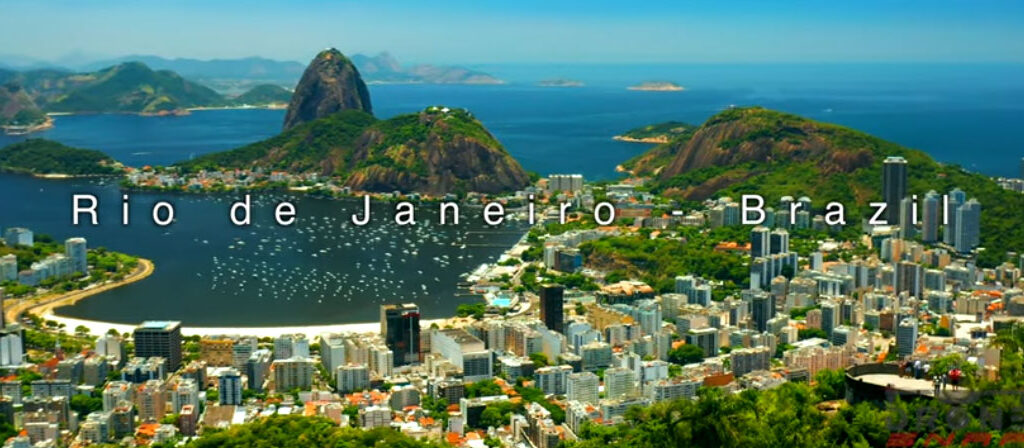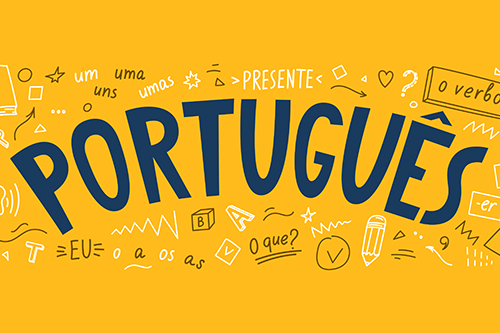The language spoken in Rio de Janeiro, Brazil

What language is spoken in Rio de Janeiro?
The primary language spoken in Rio de Janeiro, the gem of Brazil, is Portuguese, a language rich in history and cultural significance. This article explores the linguistic landscape of Rio de Janeiro, focusing on the use of Portuguese and its influence on the city’s identity.
Portuguese: The Lingua Franca of Rio de Janeiro
The official language in Brazil is Portuguese, which is also the language largely spoken by the inhabitants of Rio de Janeiro. This language, a remnant from the colonial era, has a unique Brazilian variant that differs slightly from the European Portuguese. It has been shaped by the country’s history, its indigenous influences, and its multicultural society.
In Rio de Janeiro, Portuguese is used in daily communications, official documents, media broadcasts, and educational institutions. This language serves as a cultural bridge, connecting the diverse communities that call this city home.
Influences on Brazilian Portuguese

The Portuguese spoken in Rio de Janeiro has been influenced by a variety of sources over the centuries.
Languages of the indigenous tribes, African dialects brought by the slaves, and languages from European immigrants have all contributed to the unique form of Portuguese spoken in Rio.
Moreover, the language has also been shaped by cultural elements such as samba music, football passion, and the world-renowned Carnival.
These cultural aspects have introduced colloquialisms and slang into the language, further enriching it.
English Proficiency in Rio de Janeiro
While Portuguese is the most widely spoken language in Rio de Janeiro, the city’s status as a global tourist destination means that English is also commonly understood. Many people in the tourism industry, such as hotel staff, tour operators, and restaurant employees, are able to communicate in English to cater to international visitors. Some Rio residents also speak English, learned either in school or through private lessons.
Language Learning in Rio
For those interested in learning Portuguese, Rio de Janeiro offers a variety of language schools and immersion programs. These programs provide a great opportunity to learn the language in a cultural context, experiencing the flavors of Rio’s lifestyle firsthand.
Conclusion: Portuguese, the Heartbeat of Rio
In conclusion, Portuguese is the primary language spoken in Rio de Janeiro, intricately woven into the city’s fabric.
While English is understood in tourist areas, a basic understanding of Portuguese can greatly enrich the visitor’s experience.
From the pulsating samba rhythms to the passionate football chants, the Portuguese language is the heartbeat of Rio, reflecting its rich history, vibrant culture, and warm hospitality.
Do they speak English in Rio de Janeiro?
The majority of the residents in Rio de Janeiro don’t speak English fluently. However, staff at tourist hotspots like Christ the Redeemer and SugarLoaf speak English. Frontdesk staff of Youth Hostels and mid-range to luxury hotels also speak English. Waiters at some restaurants may speak some English. Bear in mind that the primary language in Rio de Janeiro is Portuguese.
How many languages are spoken in Rio de Janeiro?
While Portuguese is the primary language spoken among Rio de Janeiro’s locals, you’ll find that individuals working in the tourism sector often can speak both Spanish and English. This multilingual ability, a result of regular interaction with international visitors, equips them to offer superior service and foster smoother communication.
Is English widely spoken in Brazil?
No, English is not widely spoken in Brazil. Despite its global popularity, English is less prevalent here. Brazilians predominantly converse in Portuguese, the official language. However, English may be understood in tourist hotspots, airports, and hotels. Nonetheless, learning a few Portuguese phrases can greatly enhance your travel experience in this culturally rich South American nation.
Where did the Brazilian Portuguese language originate from?
Brazilian Portuguese has its roots in the coastal regions of Western Europe. Originating from the Latin spoken by Roman soldiers and settlers in 218 BC, it evolved in the Iberian Peninsula, specifically Portugal, before being transported to Brazil during the age of colonial conquests.
What is the hardest language to speak in the world?
The difficulty in learning a new language often varies based on an individual’s native language, cognitive abilities, motivation, and exposure to the target language. However, certain features in languages can present additional challenges to non-native speakers.
Languages with complex grammar, such as Hungarian, require learners to navigate through intricate rules and exceptions. Hungarian, for example, is an agglutinative language where words are formed by adding several suffixes, making sentence construction quite challenging for newcomers.
Tonal languages like Mandarin can also be difficult to master. In Mandarin, the meaning of a word can change based on the pitch contour in which it is pronounced. This tonal aspect is not present in many other languages, making it a unique challenge for language learners. There are four tones in Mandarin, and distinguishing between them can be a daunting task for beginners.
Languages with unique scripts, such as Arabic, add another layer of complexity. Arabic script is written and read from right to left, which is contrary to many languages such as English, Spanish, or French. Additionally, Arabic has many letters that do not have exact equivalents in the Latin alphabet, making pronunciation a challenge. The script also varies in its written form and printed form, adding to its complexity.
While these features can make language learning challenging, it’s essential to remember that with consistent effort, practice, and immersion, any language can be learned. Language learning is a gradual process, and understanding the unique aspects of the target language can help learners devise effective strategies to master it.